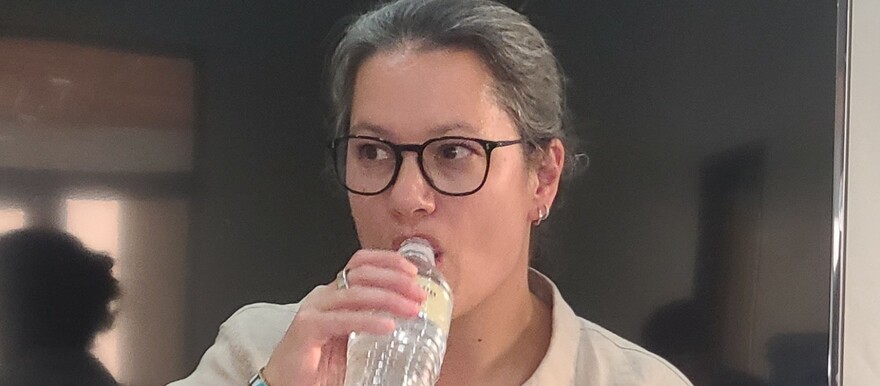The Chief Executive Officer (CEO) of Save the Children International has called on the international donor community to step up its humanitarian assistance for South Sudan, expressing concern over the worsening situation of refugees and returnees in South Sudan’s border town of Renk.
Addressing journalists in Juba on Thursday, Ms. Inger Ashing who arrived in South Sudan on 17 March said she visited refugees camped in Renk town in Upper Nile State and was alarmed by the humanitarian hardships they are facing. She added that the majority of the people fleeing the Sudanese conflict are in dire need of basic services such as water and food.
“In Renk, I was able to speak to some of the children, some of them and mothers who had taken the very dangerous journey to come to South Sudan, others as returnees or as refugees,” she stated. “And they told me heartbreaking stories about the hardship they had to endure to get here and how glad they were to finally be in a safe situation.”
The Save the Children boss however said the humanitarian situation on the ground in Renk is dire with the majority of people in need of basic services.
“The situation is dire and they are struggling to just feed themselves and their children and several of the children I spoke to lost their parents and families along the way,” Ashing added.
She called on the international community to step up their humanitarian support for South Sudan to address the current needs of the refugees, returnees, and host communities.
“So, the needs are huge on us the humanitarian community and we need to step up. We cannot turn our back on South Sudan,” Ashing stressed. “We need to ensure that we have proper resources and that we have funding for the emergency.”
She also demanded that the conflict in Sudan be brought to an end.
“And of course, most importantly we need to ensure that we are ending the conflict and that we can respond and have humanitarian response in all parts of South Sudan because currently we are not able to respond everywhere we need to and the situation is dire,” Ashing emphasized.
She said currently her organization has managed to provide psychosocial support and basic needs such as food and shelter to the population in Renk but called for more support from willing partners to rescue the situation.
The conflict which broke up in April last year in the Sudanese capital, Khartoum, between the Army and Rapid Support Forces (RSF) has displaced about half a million people to South Sudan with the majority being South Sudanese.




